What Price Gas Before Traffic Subsides?
skagmobile
18 years ago
Related Stories

MATERIALSWhat to Ask Before Choosing a Hardwood Floor
We give you the details on cost, installation, wood varieties and more to help you pick the right hardwood flooring
Full Story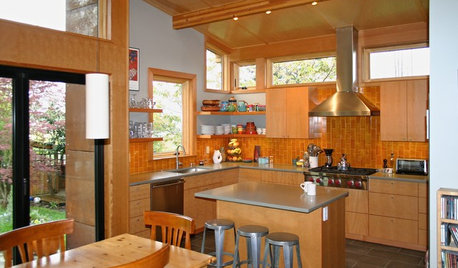
CONTRACTOR TIPS10 Things to Discuss With Your Contractor Before Work Starts
Have a meeting a week before hammers and shovels fly to make sure everyone’s on the same page
Full Story
REMODELING GUIDES10 Things to Do Before the Renovation Begins
Prep and plan with this insight in hand to make your home remodeling project run more smoothly
Full Story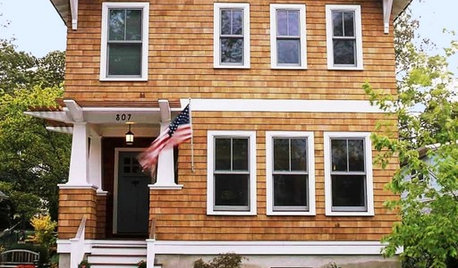
MOST POPULARDecorate With Intention: 12 Remodeling Sanity Savers
When the idealistic visions subside and reality sets in, these tips can help keep your spirits up and your work on track
Full Story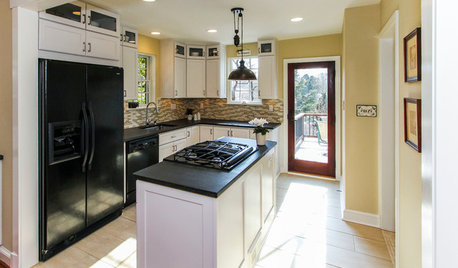
SMALL KITCHENSThe 100-Square-Foot Kitchen: No More Dead Ends
Removing an angled peninsula and creating a slim island provide better traffic flow and a more airy layout
Full Story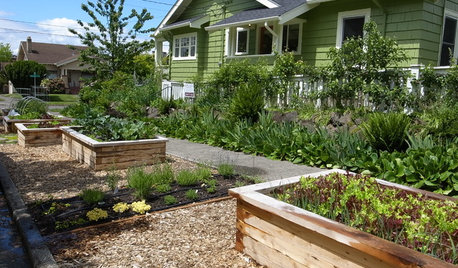
BEFORE AND AFTERSSee 6 Yards Transformed by Losing Their Lawns
Wondering whether a turf lawn is the best use of your outdoor space? These homeowners did, and they found creative alternatives
Full Story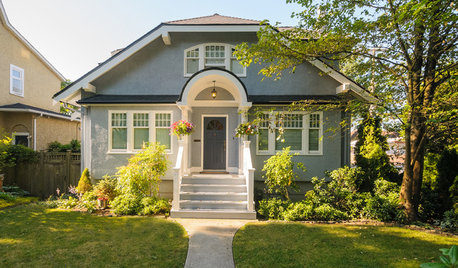
SELLING YOUR HOUSEFix It or Not? What to Know When Prepping Your Home for Sale
Find out whether a repair is worth making before you put your house on the market
Full Story
REMODELING GUIDESThe Hidden Problems in Old Houses
Before snatching up an old home, get to know what you’re in for by understanding the potential horrors that lurk below the surface
Full Story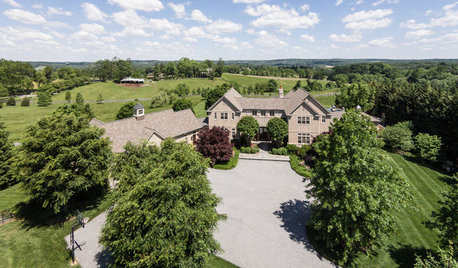
HOME TECHThe Inevitable Future of Drones Around Your Home
As Google joins the push for airborne deliveries, it seems only a matter of time before neighborhoods are buzzing with drones. Is that OK?
Full Story
SELLING YOUR HOUSE7 Must-Dos on the Day You Show Your House
Don’t risk losing buyers because of little things you overlook. Check these off your list before you open the front door
Full Story


brianl703
gary__
Related Discussions
off topic but ...Gas prices!!!
Q
Gas prices on the rise again!This is getting serious!
Q
How are you trying to offset gas price?
Q
Price of gas in your area?
Q
bill_h
johndeere
steve_o
gary__
bill_h
gary__
oaa9898
gary__
oaa9898
RooseveltL
brianl703
RooseveltL
brianl703
bill_h
brianl703
brianl703
bill_h
brianl703
gary__
brianl703
Seiketsu
RooseveltL
brianl703
steve_o
brianl703
steve_o
brianl703
jemdandy
christopherh
steve_o
valtog
brianl703
westcoastbroke
brianl703
brianl703
kalining
steve_o
brianl703
earthworm
westcoastbroke
gary__
brianl703
njtea
Dimwit
westcoastbroke
vstech
gary__
bob411